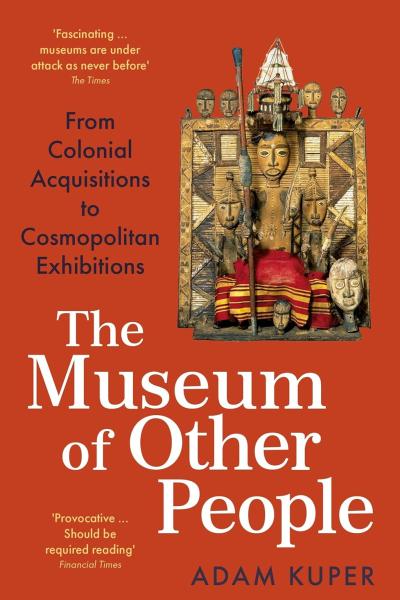
Mark Watney is an astronaut with a bit of a problem. The day before, he had been part of a regular NASA crew on a scheduled trip to Mars, in the middle of a dust storm. Today, he finds that his team, having lost him in the storm, has assumed him to be dead and stranded him on the planet. The primary method of communication is aboard the ship they have taken; the secondary form on Mars is broken. Mark Watney is alive, but nobody else knows it. It will be four Earth years until another mission comes by…assuming his demise does not end the Mars explorations altogether.
As anyone who has a rudimentary knowledge of science knows, Mars does not have a hospitable atmosphere for humans. Mark must find shelter and food, using his wits and the equipment left behind from missions that came before. His dual roles as engineer and botanist come (perhaps too conveniently) to the fore as Mark jerry-rigs old machinery to new purposes that will serve him well both in his short- and long-term goals. He also manages, by dint of chronicling his experiences in a journal and salvaging his teammates’ sources of entertainment, to have some sources of leisure. Despite the desperate situations Mark encounters, he keeps an optimistic face on things; even his colleague’s choice of videos (e.g. The Dukes of Hazzard) is taken philosophically (and humorously) as a means of escape from short rations and heavy labor.
Meanwhile, back on Earth, there is a memorial service for Mark. His original mission shuttle has not returned to Earth, but there are satellites that fly over Mars on a regular basis. One day, a satellite technician notices that the number of structures on Mars is increasing.
NASA then realizes Mark Watney, their dead astronaut, is alive. But if they don’t do anything to help him, that situation might change. What should they do?
The Martian is a hard science fiction and thriller story that manages still to be a character-driven novel, rather than depending on gadgetry to propel its plot. It is thoroughly engaging, and draws the reader in not only by its sense of immediacy but by the determination of its protagonist to live.



